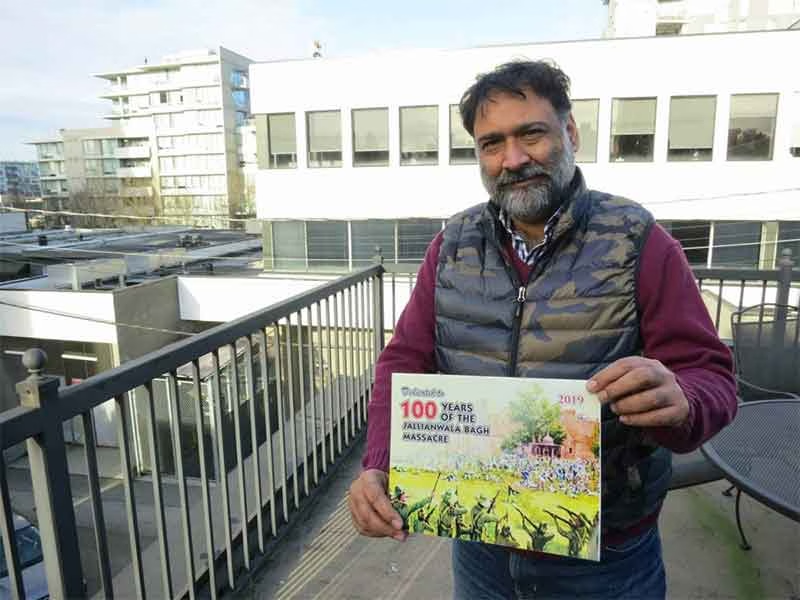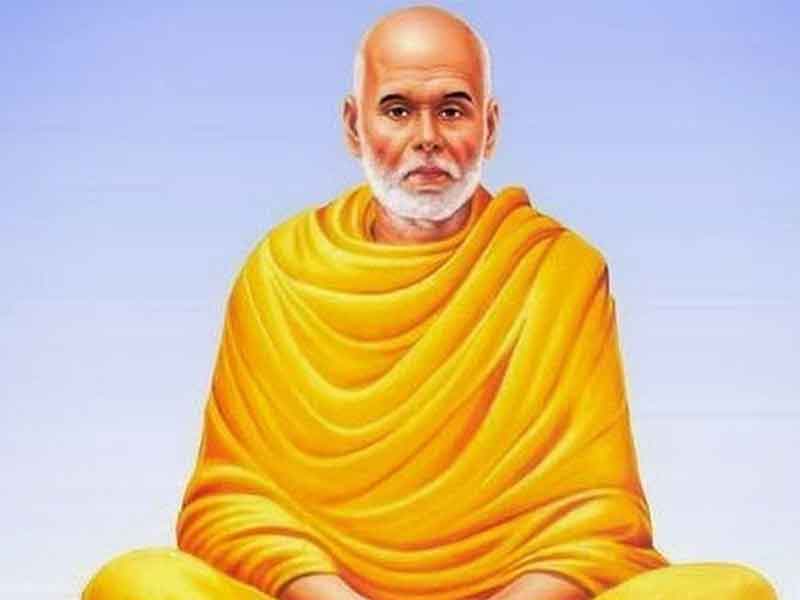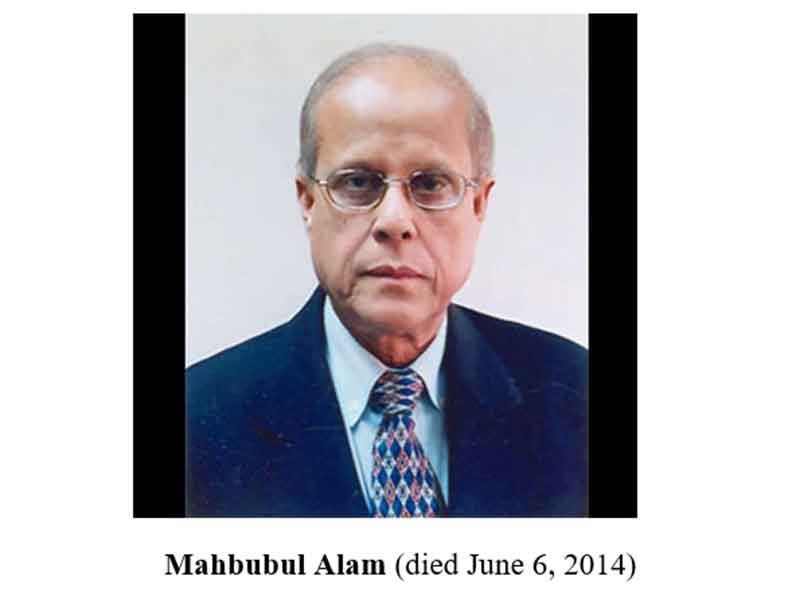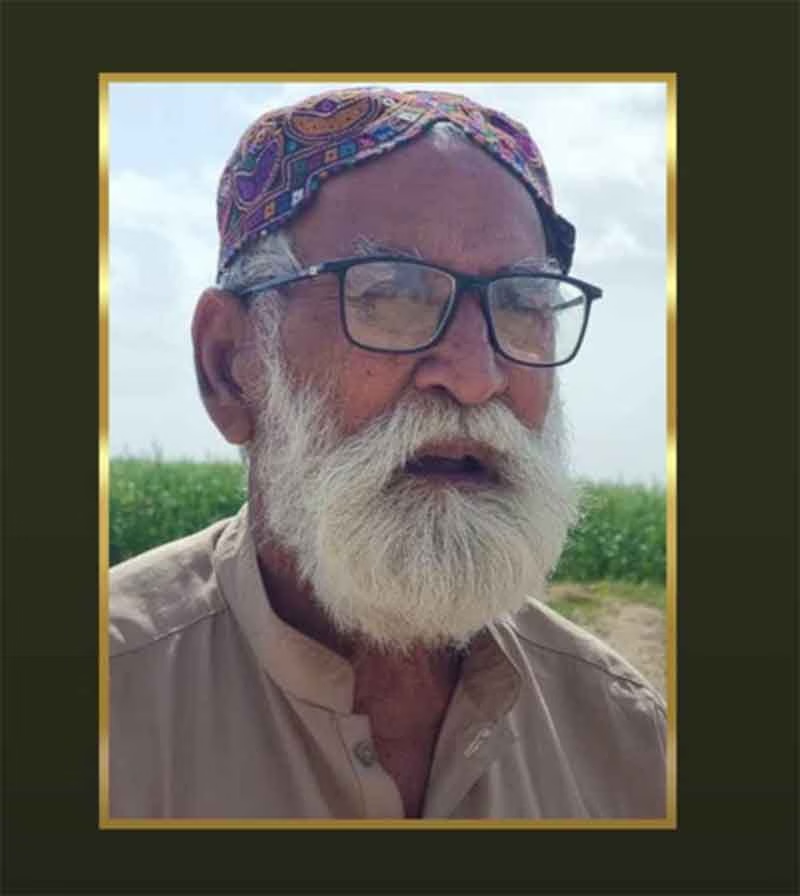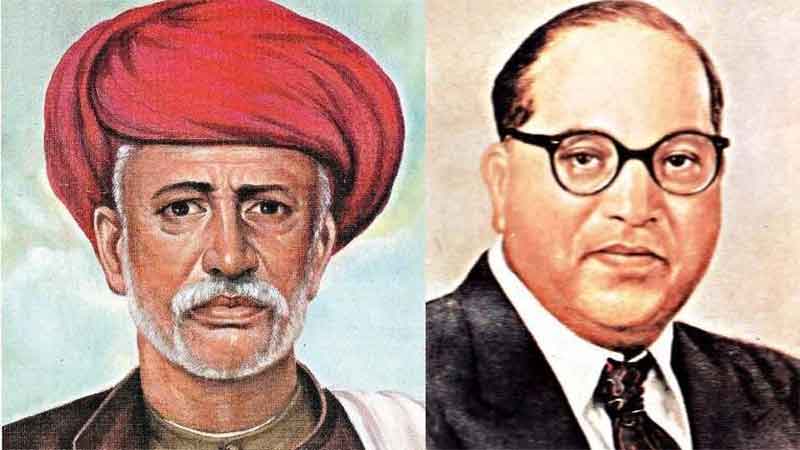
Humble greetings to Mahatma Jyotiba Phule on his 11th April 198th birth anniversary, and to Dr. Baba Saheb Ambedkar on his 14th April 134th birth anniversary. Raja Ram Mohan Roy was the first among the pioneers of Indian social awakening, who was born sixteen years after the British defeated Siraj-ud-Daulah, the Nawab of Bengal, in the Battle of Plassey. Born on 22 May 1772, Raja Ram Mohan Roy started his social work after receiving English education. He succeeded in banning the practice of Sati by law in 1829. After that, the British, in order to bring about a lot of law and order, legally banned the practice of slavery in 1843. In the same sequence, the British also legally banned the practice of robbers and thugs in 1837. And most importantly, after making the Indian Penal Code in 1860, the orthodox laws of different religions and caste panchayats were banned. Due to which the work of social reform under caste or sect was helped.
The traditional lifestyle of Hindus was completely bound by the Sanatan lifestyle and religious superstitions. From waking up in the morning to going to sleep at night, everything was determined by religious beliefs and religious scriptures. And from bathing to drinking water and eating, tourism, business, marriage, etc., the daily behavior of mankind and from the direction of sleeping, even natural activities like yawning and sneezing were to be done according to religion, and the scriptures had given a lot of detailed information about caste and community. In the context of all this, after the British rule, modern education and material improvement started replacing thousands of years old Indian Shruti, Smriti and Puranas with modern sciences like history, mathematics, geography, cosmology. And as a result of that, Raja Ram Mohan Roy, the first of the pioneers of the Renaissance in Bengal, after studying all religions, said that the root truth of all religions is one God. And to propagate this message, Brahmo Samaj was established in 1828. Following its example, Prarthana Samaj was established in Maharashtra in 1867. And Arya Samaj was established in Punjab in 1875. And the objective of all these was monotheism. But today the outcome of Arya Samaj has been used to create a Hindu organization. This is true. Shuddhi movement can be seen as an example of this.
But the establishment of Satyashodhak Samaj in Pune in 1873 by Mahatma Jyotiba Phule can be called another revolutionary step within the renaissance of India.
Mahatma Jyotiba Phule started a different kind of religious and social revolution from Brahmo Samaj, Prarthana Samaj and Arya Samaj on 11 April 1827, i.e. 55 years after Raja Ram Mohan. And born 35 years before the birth of Swami Vivekananda, Mahatma Jyotiba Phule brought a unique talent in the social, cultural and religious movement of entire India. Otherwise, after the birth of Jyotiba Phule in Pune ten years after the political fall of the Peshwas, the fight for social change was started two hundred years ago, the Satyashodhak Samaj movement was started against the supremacy of Brahmins, for the purpose of creating consciousness among all the backward castes of Maharashtra. Brahmins, for their own selfish interests, have been using their dominance over the people of Bahujan Samaj for ages, by depriving them of education, by making them suffer from poverty, cowardice, backwardness, dirt, and lack of self-confidence due to keeping them mentally suppressed. And due to this, they forced them to become victims of a desperate mentality. And Jyotiba awakened self-confidence in them through Satyashodhak Samaj. In a way, he has done a historic work of making them realize that we are human beings. And this work holds a lot of importance despite economic prosperity.
And because of this mistake committed by the communists, the caste system of India has been strengthened instead of weakened. Karl Marx, who wrote the philosophy of the Communist Party, was born in Germany, and due to living in England for the last thirty years of his life, he did not have much knowledge of the Indian caste system. Due to this, he compared only the poor and the rich in a very scientific way in his philosophy. But he could not analyze the thousands of years old caste problems of Indian society in his communist philosophy. And despite being Maharashtrians from Dange to Randive, Mirajkar, they failed to understand the principles of Mahatma Jyotiba Phule and after him Dr. Babasaheb Ambedkar of “caste which is never a caste”. Like the European communists, they believed that after the end of class, caste will also end automatically. And that is why Dr. Babasaheb Ambedkar and the communists could never be friends.
Sharad Patil, who was the longtime secretary of the Dhule district CPM of Maharashtra, in the 80s, had urged the leadership of the Communist Party that the caste system is an important issue apart from the classes. And the party should change its philosophy on this issue, due to which he was expelled from the CPM. Finally, he founded the Marxist-Phulewadi-Satyashodhak Communist Party. And till his death, he kept on propagating it mainly among the tribals and Dalits in the border areas of Maharashtra-Gujarat. But it is also true that he did not get much success in the current parliamentary politics.
The long term exploitation of farmers, labourers and workers has also been a reason to give consciousness to this movement. (Thevile Anante Taiseechi Rahave) According to this Marathi saying, Anante means to live as God has kept us. Because this situation has come today due to the sins of the previous birth. So after suffering in this birth, maybe some good days will come in the next birth. How cleverly for thousands of years, the people of Bahujan Samaj were forced to live a life worse than animals by writing such sayings and living in a slave mentality. Which Mahatma Jyotiba Phule has tried to remove through enlightenment two hundred years ago. So how important has been the work of Mahatma Phule in the whole of India.
Mahatma Jyotiba Phule’s Satyashodhak Samaj of 1873 had the moral responsibility of launching an intellectual attack on the rigidity of Hinduism. In its role, apart from the priestly class, Mahatma Jyotiba Phule’s Satyashodhak Samaj, opposed idol worship, pilgrimages, ghosts and miracles, opposed the fantasies of the other world and heaven and hell, gave equality and brotherhood to all human beings and individual liberty. These were the fundamental messages of Satyashodhak Samaj as well as the fundamental rights of Brahman-Prarthana Samaj. All the important positions in the then government departments were in the hands of the people of the Brahmin community, but Satyashodhak Samaj had called for an Elgar against this situation. And as a result, a situation like class war was created due to this movement. And there is no other ascetic leader like Jyotiba Phule, who was a strong, selfless and courageous ascetic, except Raja Ram Mohan, in the then society of India and mainly in the history of Hindu religion reform. Agarkar seems like him. But he was a nationalist, but not a humanist. The bonds of nationalism were nothing in front of Jyotiba’s immense love for humanity. In a way, Mahatma Jyotiba Phule is the first to be seen among the pioneers of Maharashtra’s renaissance.
In 1883, looking at the condition of the farmers of that time, he wrote a hundred-page petition titled Kisan Ka Koda in the name of the then Viceroy and Governor General Frederick Temple Hamilton Temple Black-Wood, Earl of Dufferin. ( For the Kind Consideration of Viceroy and Governor General His Excellency The Right Hone’ble Sir Frederick Temple Hamilton Temple Black-Wood, Earl of Dufferin,
KP,GCM G.,FRSDCLOF INDIA.)
Jyotiba Phule wrote this petition in five parts keeping in view the current situation. In the first part, because of the dominance of Brahmin employees in all the government departments, because of their ruthless exploitation of the farmers, the farmers are not in a position to feed their families or send their children to school. In the second part, because the British officers are busy in their luxuries, they do not have time to find out the financial condition of the farmers, so the Brahmin employees are free to do as they please. Therefore, the condition of the farmers is becoming worse and worse. In the third part, Brahmins have come from Iran and have been recruited in more and more government departments. Because of this, by collecting arbitrary amounts from the farmers’ rent, their salaries and pensions have become a burden on the farmers. And the farmers have been burdened with debt. In the fourth part, the condition of the farmers has been elaborately highlighted. And finally, in the fifth part, some suggestions have been written to the government to get the farmers out of their current situation and after seeing the behavior of the Brahmins. A total of 78 pages have been spent in Marathi. And the date is Wednesday 18 July 1883, Pune, Peth Junaganj and Jyotirao Govindrao Phule has signed it.
I am surprised every now and then that Jyotiba Phule submitted this request in 1883. And Jyotiba himself went to Baroda and read this request to Maharaj Sayajirao Gaekwad of Baroda. And despite this request being read publicly at some places in Maharashtra, it was in 1967, that is, after eighty years, when the Maharashtra government decided to publish the entire Phule literature. Then this request got the good fortune of being published again after eighty years of anonymity. However, there is not the slightest difference between the farmers’ code written by Jyotiba Phule two years before the establishment of the Congress and the condition of farmers written in it and the situation today. Even today, farmers are agitating for fair prices for their crops. And there is not much difference in the exploitation that was happening 150 years ago. Although there have been farmers’ movements before and after independence too. But instead of solving the problems of farmers, efforts are being made to keep them entangled in caste-religion politics. It is ironic that the religion due to which farmers were being exploited at every step more than 200 years ago, today the ruling party is trying its best to fight elections in the name of the same religion and politics. Tomorrow we are going to celebrate the 198th birth anniversary of Jyotiba Phule. But it seems that the values for which Jyotiba Phule spent his life, the true tribute to him would be to continue efforts to establish them even today.
The founders of Satyashodhak Samaj have achieved a great success in creating a strong will power in the Bahujan Samaj of South India and Maharashtra. The main reason for the mental weakness of the Bahujan Samaj is the superstitions that the Brahmins had filled in the minds of the people of Bahujan Samaj for thousands of years for their own selfish interests. During the movement, they were enlightened about this situation and told that we are also humans and we can also share in all the rights of humans. Mahatma Jyotiba Phule’s contribution in giving this confidence in this historical work has been important.
And today, the propaganda being done by Hindutvaists at the center of Indian politics, the people of Satyashodhak Samaj should compete more than the Brahmins. But after seeing the conditions of riots from Bhagalpur to Gujarat, Bhima Koregaon, Khairlanji, Jhajjar, Wolgadhi, Balrampur, Saharanpur and Muzaffarnagar, I am feeling very disappointed. Most of the people of Bahujan Samaj were involved in these riots. And the majority of the current Dalit leaders have started working in the role of the vanguard of Brahmins. And the most classical example of this is Mr. Narendra Modi, who is sitting on the highest post in the country, and the Chief Minister of Uttar Pradesh, Yogi Adityanath. Who is not only the Chief Minister of Uttar Pradesh, but is also the President of the Gorakhpur monastery of Yogis like Gorakhnath and Machhindranath who fought against the caste system a thousand years ago. People born in the current so-called Bahujan Samaj can be seen in large numbers to cash in on their castes in the election campaign. It is funny to see the current ruling party making a hue and cry by calling Rahul Gandhi’s name Modi an insult to OBCs. Because where is the caste mentioned in it? And the most important thing is that except Narendra Modi, no other Modi is OBC. And I will go further and say that there is no provision in our constitution to save thieves by giving them caste tag. And there should not be any. Because terrorism or riots, theft, dacoits do not belong to any particular caste. They are just thieves, terrorists or dacoits. But sitting on the post of Prime Minister of India at present, hiding behind OBCs is an act of fear instead of courage for people with 56 inch chests and is completely in line with the Sangh which is struggling for Manusmriti. But the act of immediately taking the cover of OBCs to hide one’s mistakes is an insult to the entire OBC community.
There cannot be a bigger insult to Mahatma Jyotiba Phule and Dr. Baba Saheb Ambedkar than this. The right tribute to these two great men on the occasion of their birth anniversary should be to start a movement to make people aware of the true facts against the campaign being run by Hindutvaists today and the poisonous propaganda against minority communities.
Subscribe to Our Newsletter
Get the latest CounterCurrents updates delivered straight to your inbox.
Mahatma Jyotiba Phule’s bicentenary is coming in the next two years. We hope that in the coming two years, on Mahatma Jyotiba Phule’s 200th birth anniversary, our humble salutations can be true only when the task of removing those who glorify the present Manusmriti from power in our country should be done before 2027 on Mahatma Jyotiba Phule’s 200th birth anniversary. Otherwise, there is no point in celebrating Jayanti – Punyasmaran Divas just as a ritual. On Mahatma Jyotiba Phule’s 198th birth anniversary, we should take this resolution to move forward and especially come together to create unity of all progressive people, this can be the true salutation.
Dr Suresh Khairnar is Ex. President of Rashtra Sewa Dal


